How to make Compost Tea? A Step-by-Step Guide
Welcome to the EarthlyEcoEssence community, where we embrace the art of sustainable gardening with open arms and green thumbs. Today, we’re exploring the enriching world of compost tea. This simple yet transformative concoction is a testament to the power of natural processes in nurturing our gardens. Let’s unveil the secrets of this potent, nutrient-rich liquid and learn how it can supercharge your garden, all while upholding our commitment to a zero-waste lifestyle.
What is Compost Tea? At its core, compost tea is more than just a liquid fertilizer. It’s a vibrant, living solution teeming with beneficial microorganisms. Derived from well-aged compost, this tea is steeped in water and aerated to encourage the growth and multiplication of bacteria, fungi, protozoa, and nematodes. These microscopic heroes play a crucial role in enhancing soil structure, increasing nutrient availability, and protecting plants from diseases.
The Essence of Compost Tea:
- Microbial Haven: Compost tea is a hub of microbial activity. Each drop contains millions of microbes, each contributing to a more resilient and thriving garden ecosystem.
- Nutrient-Rich: The process of brewing compost tea extracts the soluble nutrients from compost, making them readily available to plants.
- Natural Disease Suppressant: The beneficial microbes in compost tea help suppress soil-borne and foliar diseases, reducing the need for chemical interventions.
- Enhances Soil Structure: Regular application of compost tea improves soil structure, promoting better root growth and water retention.
- Eco-Friendly and Sustainable: Compost tea is a pinnacle of zero-waste gardening. By using kitchen and garden scraps to create compost and then brewing tea, you’re engaging in a closed-loop, sustainable practice.
Why Compost Tea?
In an era where chemical fertilizers and pesticides dominate, compost tea emerges as an all-natural, environmentally friendly alternative. It aligns perfectly with the principles of organic gardening and zero-waste living. By brewing and using compost tea, you’re not only feeding your plants but also nurturing the earth and contributing to a larger movement towards sustainable living.
Preparing for Brew: Gathering Your Materials and Setting the Stage
Before embarking on your compost tea brewing journey, it’s essential to gather all the necessary materials. This preparation ensures a smooth and efficient brewing process, allowing you to create the most nutrient-rich compost tea for your garden.
1. Choosing the Right Compost:
- Quality is Key: The quality of your compost directly influences the quality of your compost tea. Use mature, well-decomposed compost that is rich in organic matter.
- Diversity Matters: A compost with a diverse range of organic materials (like leaves, kitchen scraps, and manure) will produce a tea rich in various nutrients and microorganisms.
- No Contaminants: Ensure your compost is free from harmful chemicals, diseased plants, or non-compostable materials.
2. Water: The Foundation of Your Brew:
- Type of Water: Rainwater is ideal due to its natural purity. If using tap water, let it sit for 24 hours to evaporate chlorine, which can harm the beneficial microbes in your compost.
- Temperature Matters: Room temperature water is best for microbial activity. Avoid hot or cold water, which can shock the microorganisms.
3. Aeration: Oxygenating Your Tea:
- Importance of Aeration: Aeration is crucial in brewing compost tea. It encourages aerobic bacteria and prevents the growth of harmful anaerobic bacteria.
- Aeration Tools: An aquarium pump with an air stone is a common and effective way to provide constant aeration to your compost tea.
4. Choosing Your Brewing Container:
- Size and Material: A 5-gallon bucket is a standard size for home brewing. Ensure it’s made of food-grade plastic to avoid leaching of chemicals.
- Cleanliness: Your container should be thoroughly cleaned before use to prevent contamination of your compost tea.
5. Straining Material: For the Final Touch:
- Purpose: Straining material is used to filter out the compost solids after brewing, leaving you with a clear liquid.
- Options: Cheesecloth or a fine mesh bag works effectively. Ensure they are clean and free from residues.
Setting the Stage: With all your materials at hand, you’re almost ready to start brewing. Find a suitable location for your brewing setup — preferably a spot that is out of direct sunlight and at a stable temperature. This environment will ensure optimal conditions for the microorganisms to flourish.
The Brewing Process: How To Make Your Compost Tea
Now that you have your materials ready, it’s time to begin the exciting process of brewing your compost tea. This phase is where the magic happens, transforming simple ingredients into a potent garden elixir.
1. Mixing Compost and Water: The Initial Step
- Proportions: A good starting ratio is 1 part compost to 5 parts water. This can be adjusted based on the strength of your compost.
- Mixing: Gently stir the compost into the water, ensuring it’s fully submerged and evenly distributed.
2. Oxygenation: The Key to Healthy Tea
- Setting Up Aeration: Attach the air stone to the aquarium pump and place it in the bucket. The constant stream of bubbles will supply the necessary oxygen to the microbes.
- Monitoring Aeration: Check periodically to ensure the aeration system is working correctly. Adequate oxygen is crucial for preventing anaerobic conditions, which can produce harmful bacteria.
3. Brewing Time: Patience for Perfection
- Duration: Let the mixture brew for 24-36 hours. The exact time can vary based on temperature and the strength of your compost.
- Observation: Watch for a frothy, bubbling surface and a pleasant earthy smell, signs of healthy microbial activity.
4. Stirring: Encouraging Even Distribution
- Frequency: Gently stir your compost tea a few times during the brewing process. This helps distribute the microbes and nutrients evenly.
5. The Final Steps: Straining and Storing
- Straining the Tea: After brewing, strain the mixture using your chosen material to remove compost solids. This step is crucial to ensure a clean, particle-free liquid.
- Storage: If not using immediately, store the tea in a dark, cool place and use it within a few hours. Remember, compost tea is best used fresh to benefit from the active microorganisms.
Tips for Successful Brewing:
- Temperature Monitoring: Keep your brew at a consistent, moderate temperature (around 65-75°F or 18-24°C).
- Avoid Over-Brewing: Brewing beyond 36 hours may lead to a decrease in beneficial aerobic microbes.
- pH Balance: Ideally, the pH of your compost tea should be between 6-7.5. Test and adjust if necessary.
Using Compost Tea: Application and Best Practices
Having brewed your compost tea, it’s now time to apply this nutrient-rich solution to your garden. Proper application is key to maximizing its benefits for your plants and soil.
1. Dilution: Preparing Your Tea for Use
- Why Dilute: Concentrated compost tea can be too strong for some plants. Dilution ensures it’s gentle enough for all plant types.
- Dilution Ratio: A safe starting point is a 1:10 ratio of compost tea to water. Adjust based on the sensitivity of your plants and the strength of your brew.
2. Application Techniques: Soil and Foliar Feeding
- Soil Application: Pour diluted compost tea around the base of your plants, soaking the soil. This method nourishes the root zone and enhances soil microbiology.
- Foliar Application: Use a sprayer to apply a fine mist of diluted compost tea to plant leaves. This can help suppress foliar diseases and provide nutrients directly through the leaves.
3. Frequency and Timing: When to Apply Compost Tea
- Best Times: Early morning or late afternoon are ideal times for application, avoiding the intense midday sun.
- How Often: Apply every 2-4 weeks during the growing season. Regular application supports ongoing soil health and plant vitality.
4. Observing Plant Responses: Adjusting Practices
- Monitoring: Observe how your plants respond after application. Adjust dilution and frequency based on their health and growth patterns.
- Documenting: Keeping a garden journal with notes on your compost tea applications can be valuable for refining your approach over time.
5. Safety and Precautions:
- Personal Safety: While compost tea is natural, it’s still important to practice good hygiene. Wear gloves and wash hands after handling.
- Plant Safety: Always test a small area first, especially with foliar application, to ensure your plants react positively.
6. Expanding Your Compost Tea Usage:
- Beyond the Garden: Compost tea can also benefit houseplants and container gardens. Adjust the dilution ratio according to the specific needs of these plants.
Tips for Effective Use:
- Freshness is Key: Use compost tea within 24-36 hours of brewing for maximum microbial activity.
- Avoid Chemicals: Don’t mix compost tea with synthetic chemicals or fertilizers, as these can harm the beneficial microbes.
Conclusion: Embracing Compost Tea for a Thriving, Sustainable Garden
Through this comprehensive guide, we’ve journeyed from understanding the essence of compost tea to mastering its brewing and application. This simple yet powerful practice embodies the principles of sustainable gardening and zero-waste living, turning waste into wonder and nourishing our gardens naturally.
Key Takeaways:
- Quality Ingredients: The success of compost tea starts with high-quality, diverse compost and clean, chlorine-free water.
- Careful Brewing: Adequate aeration and monitoring during brewing are crucial for developing a healthy microbial population.
- Proper Application: Diluting and applying compost tea correctly can significantly benefit both the soil and the plants.
- Observation and Adaptation: Regularly observing your garden’s response and adjusting your compost tea practices ensures the best results.
Further Exploration: To deepen your understanding and practice, explore these additional resources:
- An In-Depth Look at Zero Waste Living
- How to Make a Compost Bin
- Vegetables You Can Grow Indoors During Winter
- External Resource on Organic Gardening Practices
Invitation to Our Community: We at EarthlyEcoEssence encourage you to share your compost tea experiences and insights. Join our community discussions, where fellow garden enthusiasts and eco-conscious individuals exchange tips and stories.
Frequently Asked Questions About Compost Tea
- How do you make homemade compost tea? Homemade compost tea can be made by steeping well-aged compost in water and aerating it for 24-36 hours to extract beneficial microorganisms and nutrients.
- What are the ingredients in compost tea? The main ingredients in compost tea are mature compost and water. Optional additives can include unsulfured molasses, kelp meal, or worm castings to feed and boost microbial growth.
- How long should I brew my compost tea? Typically, compost tea should be brewed for 24-36 hours. Over-brewing past 36 hours can lead to the development of harmful anaerobic bacteria.
- What not to put in compost tea? Avoid adding meats, dairy, diseased plants, or compost with non-organic materials to prevent pathogen growth and contamination.
- Can compost tea replace fertilizer? Compost tea can be used as a supplement to organic fertilizers, providing a wide array of microorganisms and nutrients that help improve soil health and plant growth.
- Is compost tea beneficial for all types of plants? Yes, when properly diluted, compost tea can be beneficial for a variety of plants, from vegetables to ornamentals.
- How should compost tea be stored? Compost tea should be used immediately after brewing for maximum effectiveness. If storage is necessary, keep it in a cool, dark place and use within a few hours.
- Can compost tea harm plants? If not brewed or applied correctly, compost tea can harm plants. It’s important to ensure proper aeration during brewing and to test the tea on a small area first.
- What is the best way to apply compost tea to plants? Compost tea can be applied to the soil as a drench or used as a foliar spray. Both methods can effectively convey the benefits of the tea to the plants.
- Are there any safety concerns with using compost tea? While compost tea is generally safe, it’s important to maintain good hygiene practices. Wear gloves when handling and ensure the tea is free from harmful pathogens.


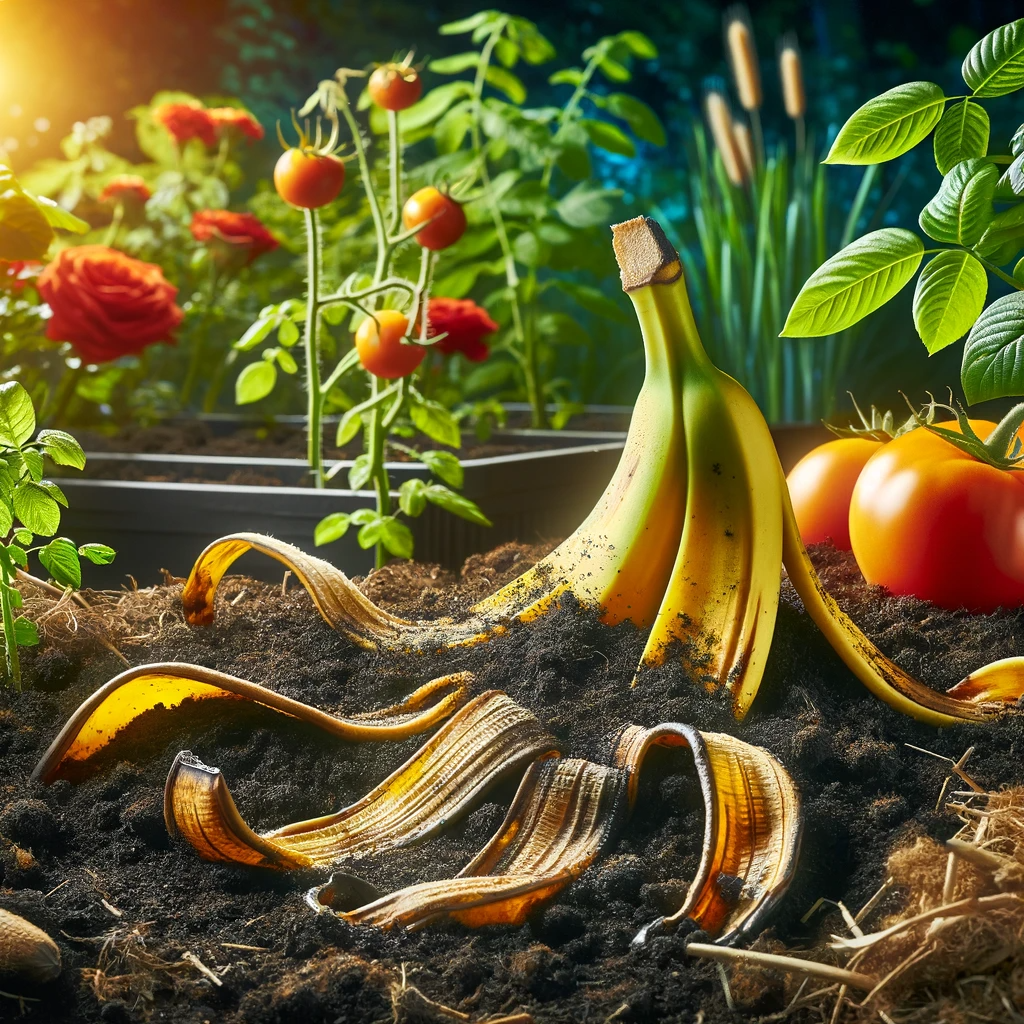
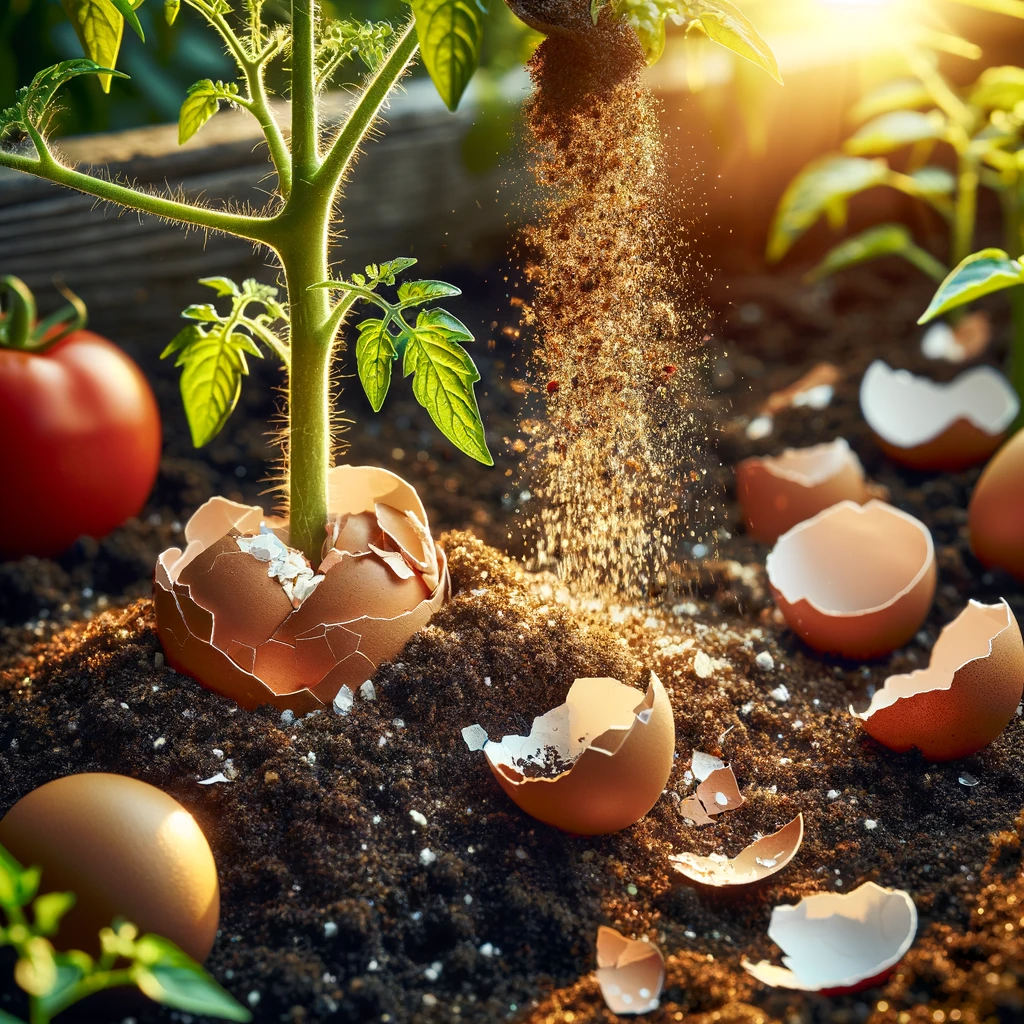
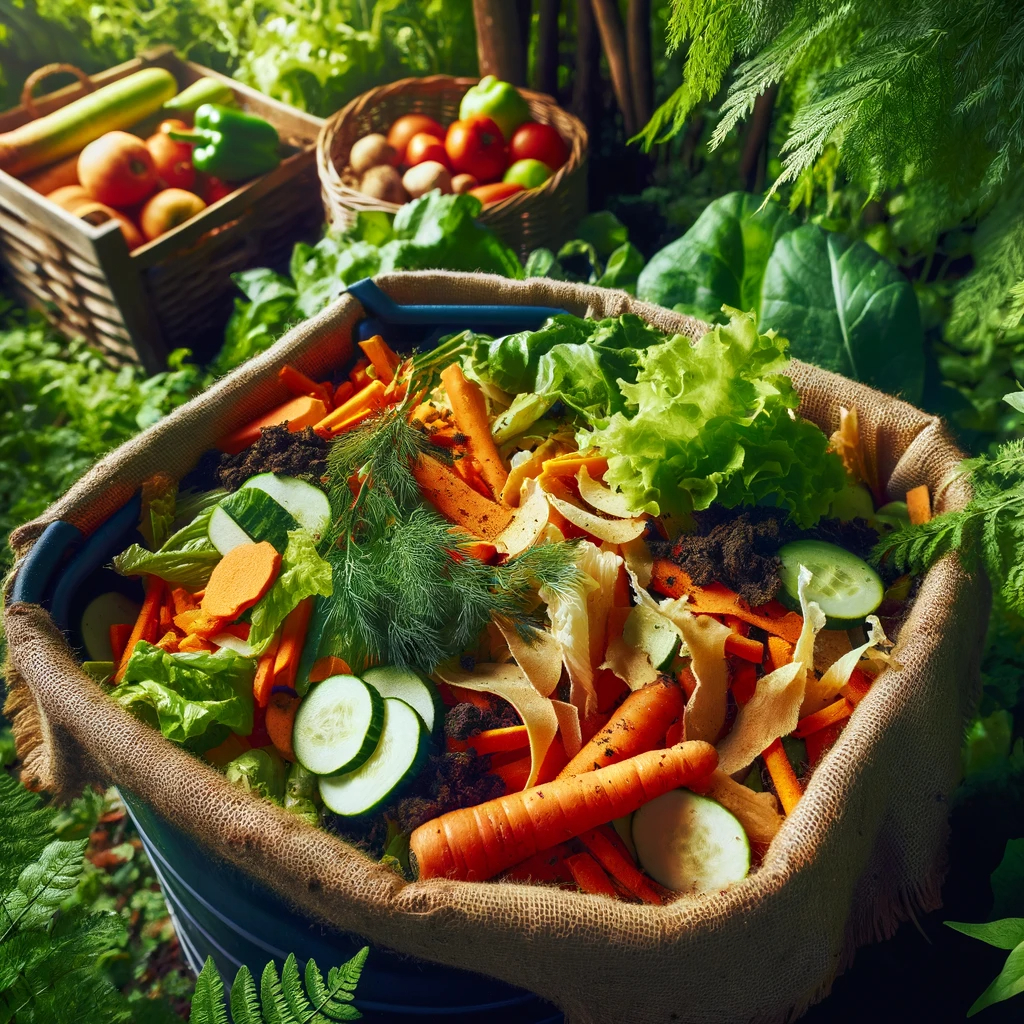
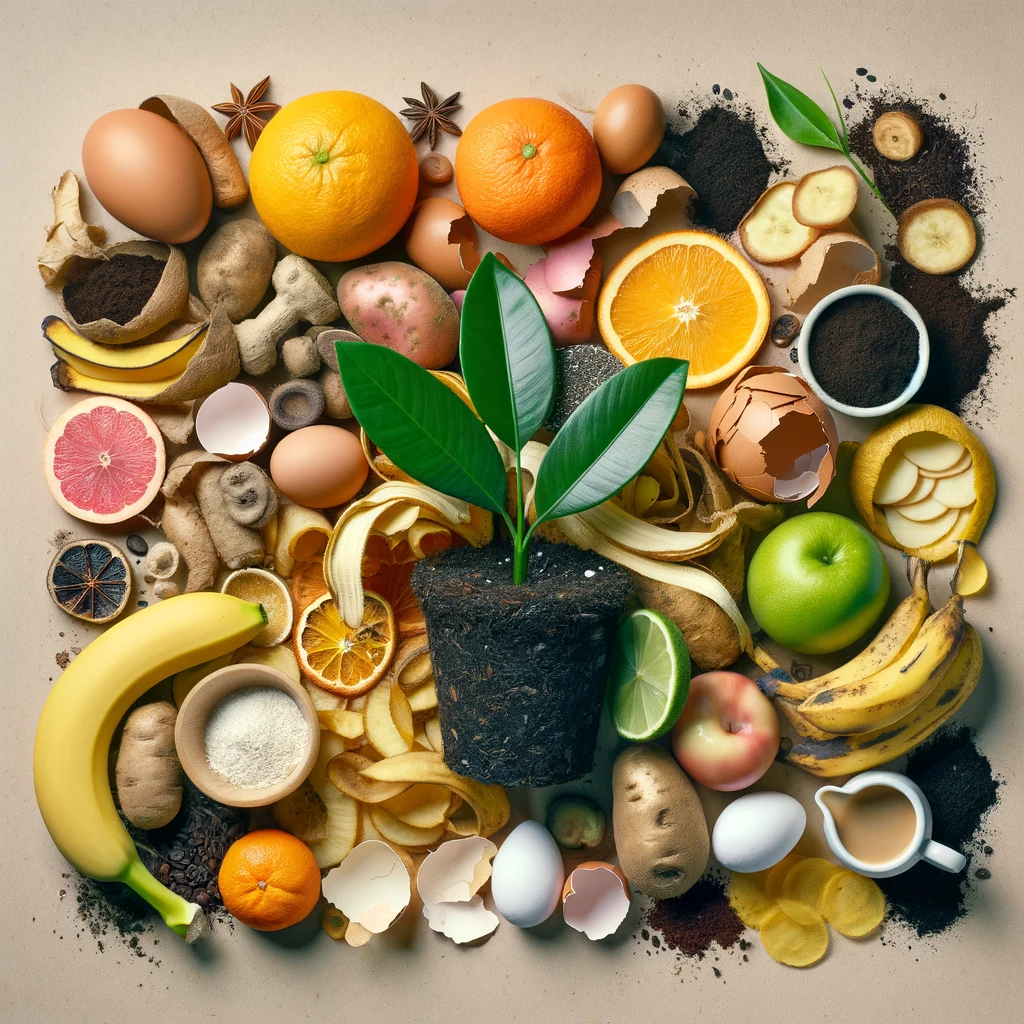
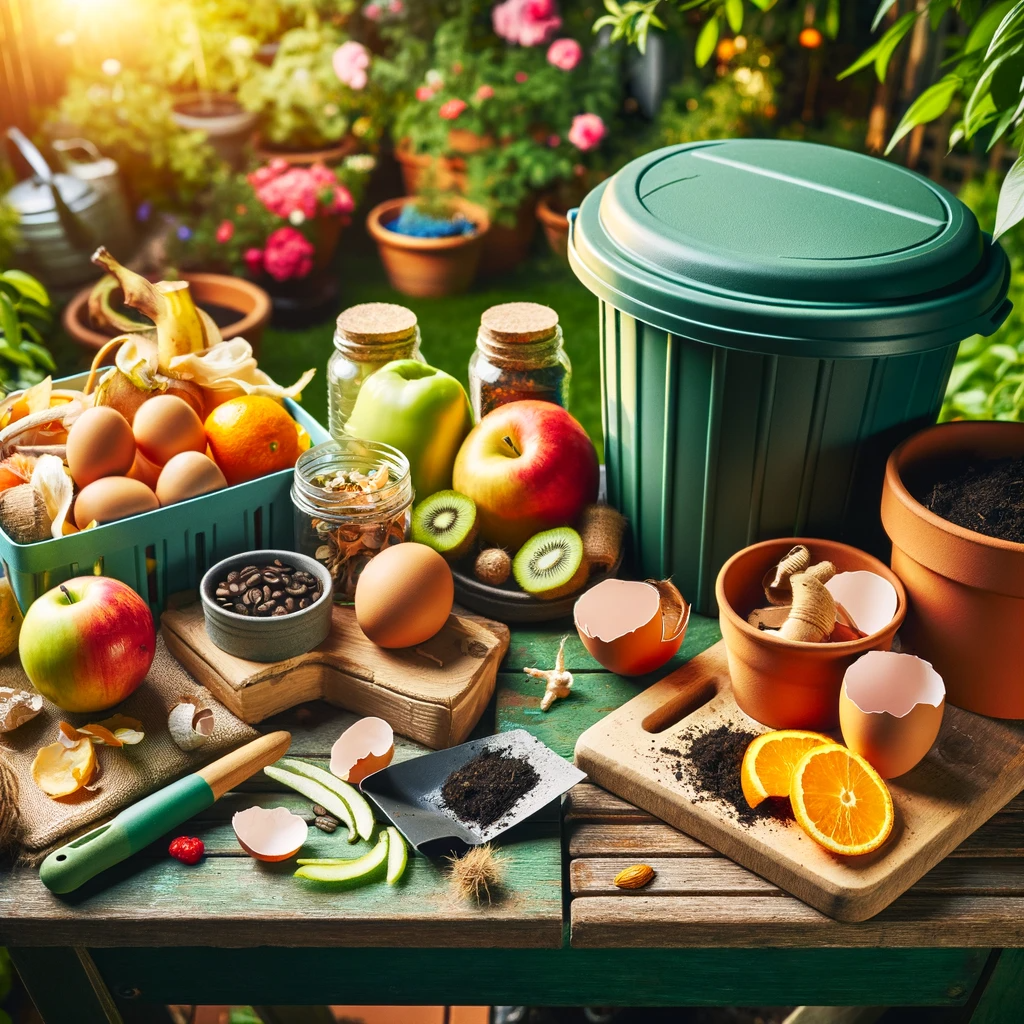
Pingback: Can you use Banana Peels in Compost?